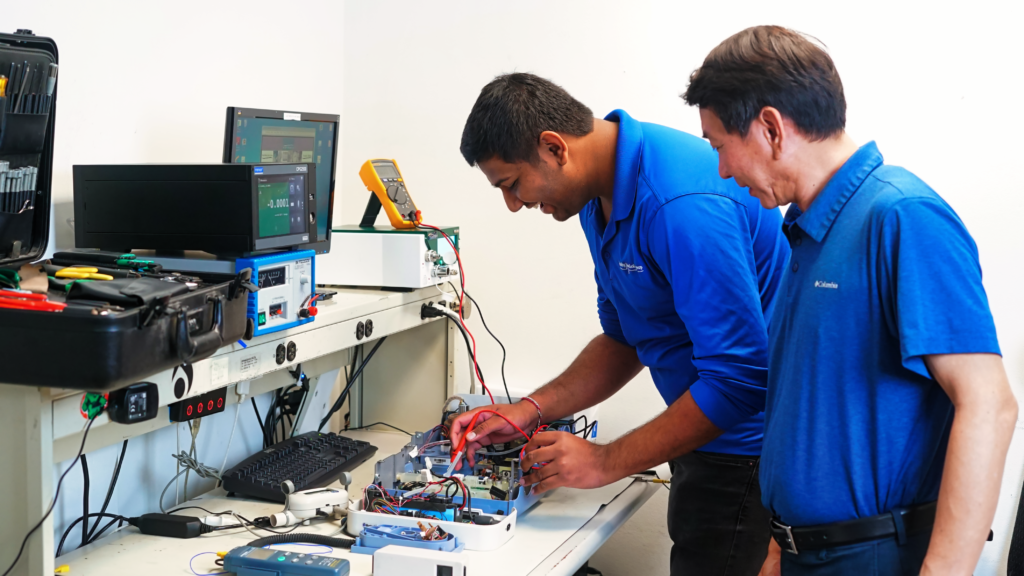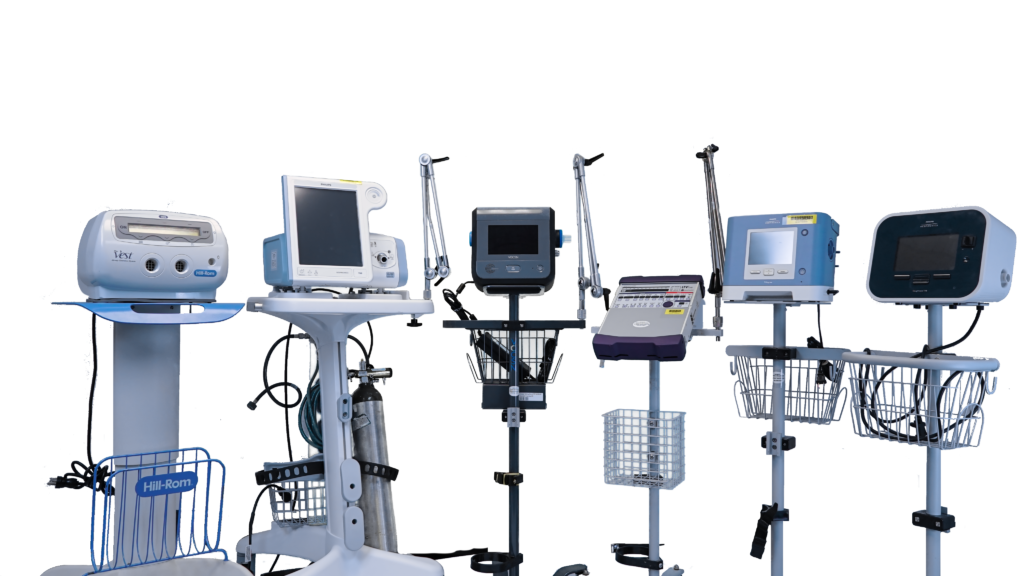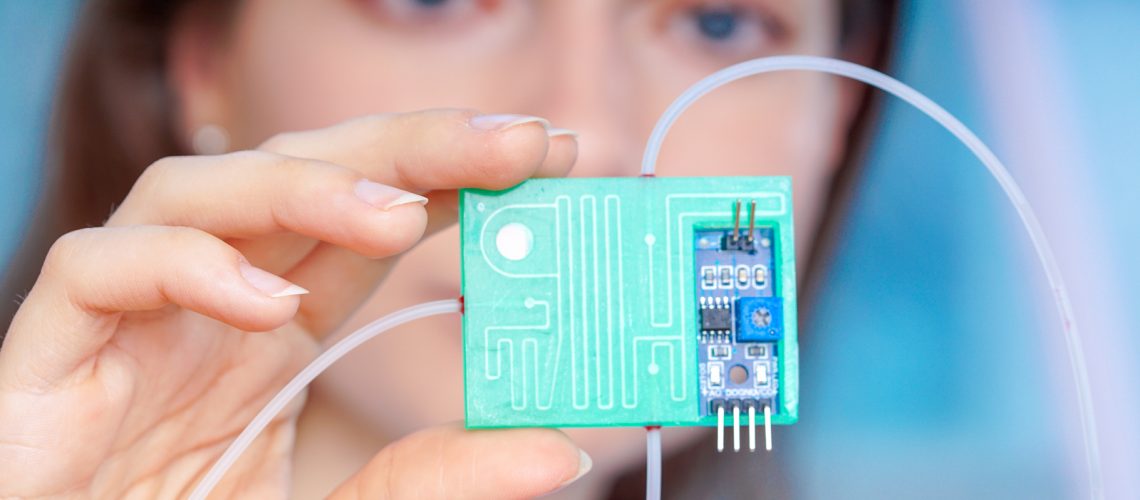What is biomedical engineering? It obviously involves the combination of medicine and technology. But this field also applies the processes and problem-solving skills of engineering to biomedical sciences. This amounts to being focused on innovative thinking and using what is observed and learned for optimizing biomedical technology. As a result, biomedical devices become safer, easier to use, and more widely adopted.
The healthcare industry has become more reliant on biomedical equipment as our knowledge of medical science advances and the population grows. What may have required specialized care decades ago can now be accomplished by a few machines or devices. This has become increasingly important to healthcare facilities with a limited capacity to house patients. This brings us back to our original question.

What is Biomedical Engineering?
Biomedical engineering creates and utilizes devices that allow us to diagnose, measure, and treat medical issues in a more thorough and efficient way. Labor and facility costs are kept low by innovation in biomedical technology. Life extension and enhancement have become a norm and these technologies only continue to advance every day. Patients get the exact treatments they need according to the data doctors receive. As such, treatments can be curated for each and every individual in a way that almost certainly increases their health and happiness.
Enhances and Extends Life
Before doctors and surgeons had access to biomedical equipment, invasive procedures that attempted to alter naturally-occurring health issues were exceedingly rare. For example, failing kidneys, hearts and other vital organs were all but impossible hurdles for doctors to overcome. An intense focus on living and eating healthy, while still important today, was the only thing patients could really do. Beyond that, minimizing the impact of daily life and being cautious not to overexert oneself was the only solution. So if you’ve ever had to ask yourself, “What is biomedical engineering good for”, it’s almost singularly responsible for our circumvention of issues like those listed above, and our ability to instead enhance and extend life.
The coronary stent, pacemaker, even devices we take for granted like a neck brace or a cast, are all products of biomedical engineering. Anything that has made injury or death preventable for a much longer time than it otherwise would be is the result of some form of biomedical engineering. These devices can both improve our quality of life and utterly save it. This is why “what is biomedical engineering?” is a question worth answering.

Makes Healthcare More Affordable
As healthcare continues to advance, so do the devices hospitals and care facilities regularly use. While this may temporarily increase costs for hospitals, the savings for both care facility and patient are staggering in the long-run. This is because these advanced devices make healthcare easier and less labor-intensive. As a result, fewer care providers and machines are needed to accomplish patient care.
If anyone ever feels the need to ask you, “what is biomedical engineering and how has it helped?”, tell them biomedical engineering is responsible for cost-effective medicine and care. It provides healthcare access for patients who may have otherwise been without financial means to access it. It is the way forward into automated and extremely affordable medical procedures. Finally, it is a surefire way to secure the future of healthcare.
Quality Medical Group is proud to be a service and information provider for the biomedical engineering industry. We are dedicated to providing much-needed device services for biomedical equipment being used in care facilities all over the United States. Our expertly trained biomedical technicians will maintain and repair your biomedical devices to help ensure your facility is in full working condition. So, what is biomedical engineering? No need to wonder: contact us to find out exactly how our biomedical technicians will deliver the services you and your facility need.

